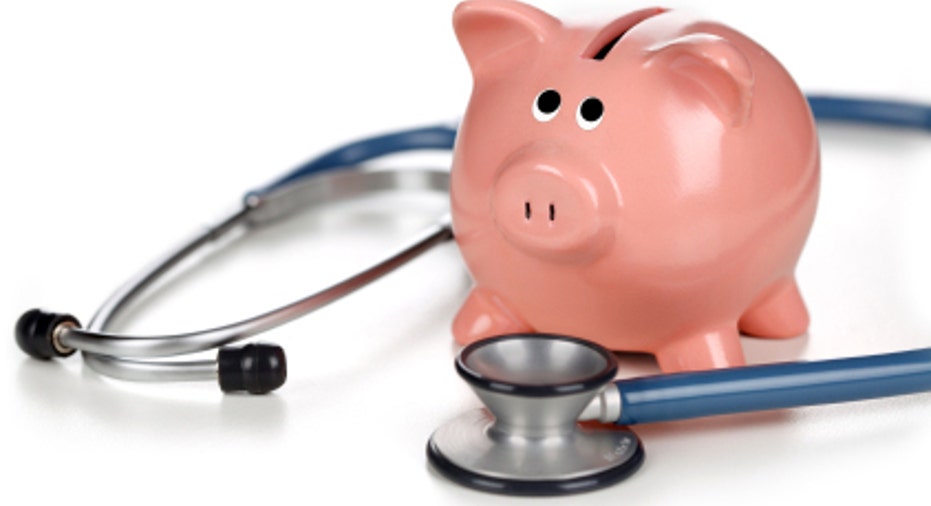5 Easy Ways to Reduce Your Health-Care Costs

Health-care costs are still outpacing inflation, but the growth rate is starting to decline.
Since the 1990’s health-care costs have increased at double-digit rates each year, but now PwC’s Health Research Institute is projecting a single digit growth rate of 4.5%. The slowdown is good news for consumers, and they can also pat themselves on the back for helping control the rise.
“Consumers are one of the players who have sought out and found more affordable [health- care] options,” says Ceci Connolly, managing director of PwC’s Health Research Institute. “Employers are also helping control the increase.”
Even with the slower increase, patients’ wallets are still going to get pinched with higher deductibles, higher co-payment amounts and an overall increase in premiums. According to eHealthInsurance.com, from 2005 to 2012 the average deductible for an individual increased 79% to $3,079 from $1,721. For families, the average deductible jumped 78% during the same time period.
While consumers’ actions have helped reduce health-care costs, they can take more steps to help reduce costs more. Here’s how:
Be Selective when Choosing Providers
The best way to reduce health-care and insurance costs is if the price of treatment declines.
Connolly points to the reduction of emergency room visits and patients choosing cheaper alternatives like retail clinics to treat non-threatening illnesses as reducing health-care costs.
Partly a spillover from the recession and a lack of health insurance, consumers have been visiting retail clinics , which are found in drug stores across the nation, at a faster rate.
“People are sticking with retail clinics and going for more services,” says Connolly.
Manage Your Deducible
Experts recommend people with a high deductible insurance plan strive to schedule their treatments in the same year, if possible, so they don’t have to get hit with the deducible the next year when they need to get something done.
“Try to have all of your medical care before the deductible resets,” says Carrie McLean, director of customer service at eHealthInsurance.com. “You need to look at what my out of pocket expenses are and maximize that deducible.”
Embrace an HSA Account
Many consumers do not use or take advantage of health savings accounts (HSA) out of fear and end up spending more money than necessary or lose money at the end of the year. But McLean says these accounts are a great tax-advantaged tool that can save employees money.
Money in the HSA can also go for things like co-insurance and co-pays at doctor’s visits, she says. “All those things become a tax write off. You can really save big money.”
Ask Questions as If You Were Shopping for a Car
When we get diagnosed with something or find out we need a specific treatment, most of us accept what the doctor says—and that can be costly, says Connolly.
She suggest patients ask questions regarding the price, how to reduce costs and any alternative options.
There is a lot of duplication in the health-care system when it comes to tests and X-rays which is part of the reason costs are increasing.
“It’s not always easy for consumers to get answers, but if you ask those questions you put more pressure on the health-care sector to come up with the answers,” she says.
Take Care of Yourself
It’s no secret that the best way to save money on health-care is to avoid getting sick. While certain ailments are out of our control, regular preventive screenings, taking medication properly and maintaining a healthy lifestyle will reduce trips to the doctor and out-of-pocket spending on health care. Many insurers and health-care providers will offer guidelines for when to take preventive screening or tests.
“Most health insurance plans give guidance on what you need at what age and how often,” says Connolly. “Follow all those good guidelines.”



















